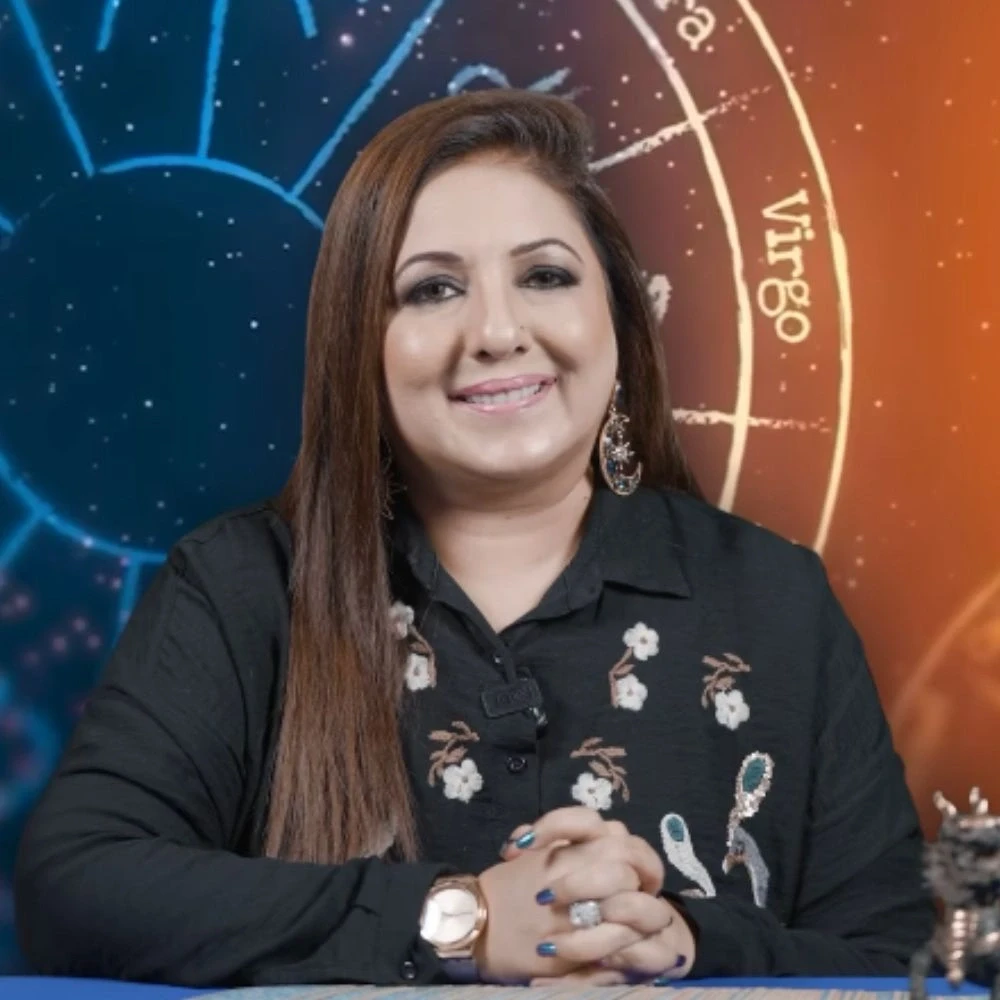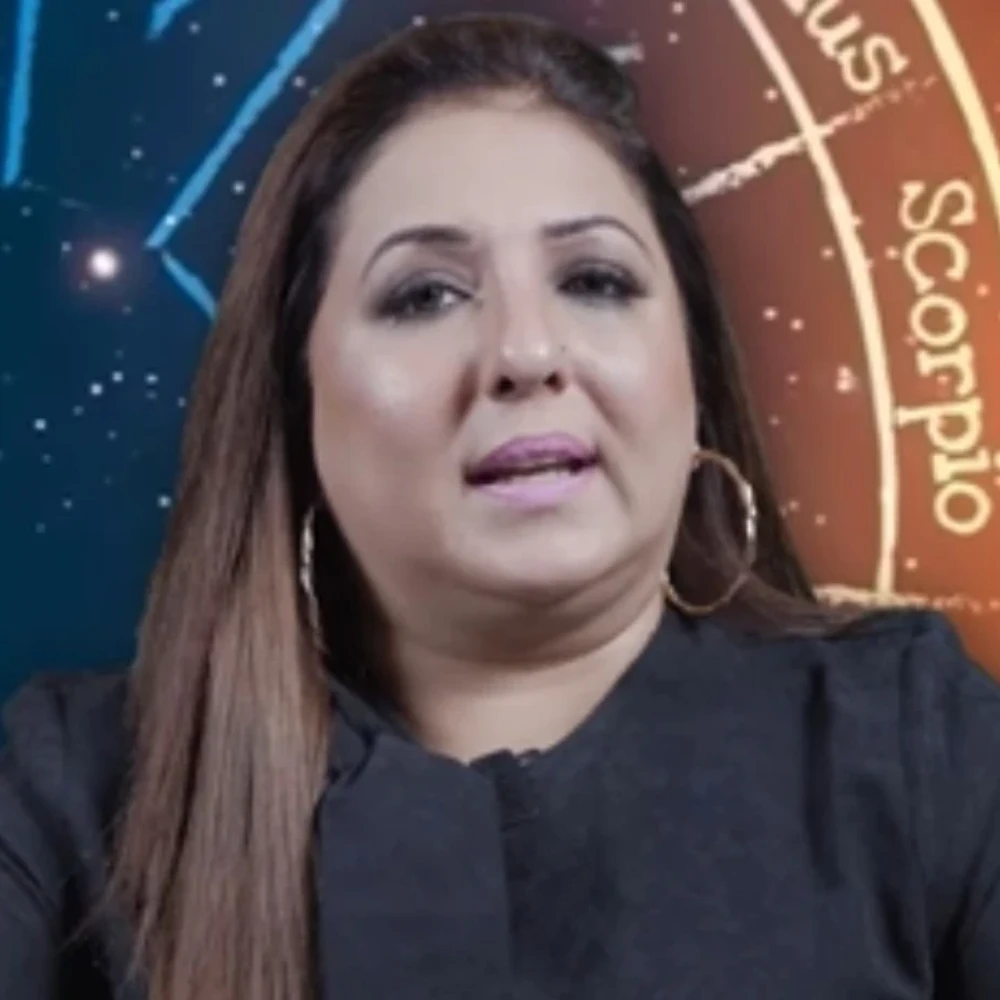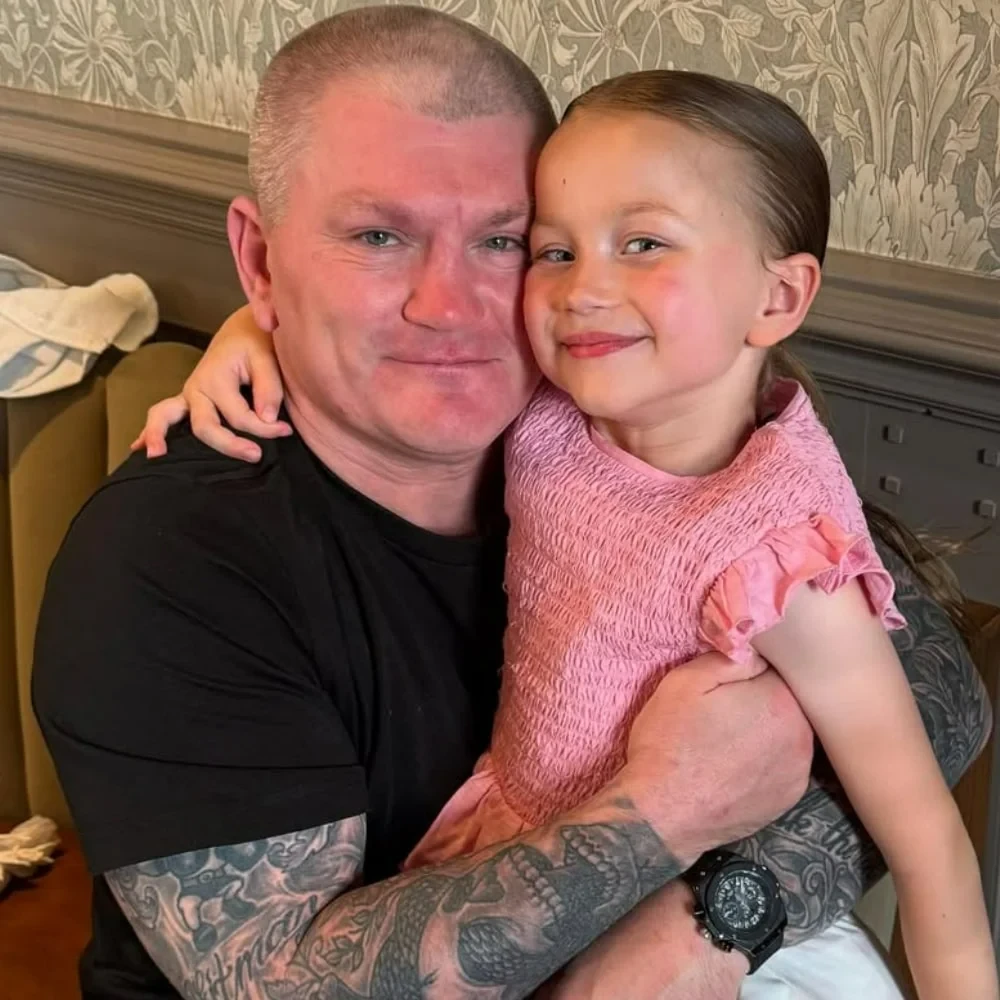A Guide On How to Detach from Someone And Rediscover Yourself
If you’re stuck in a codependent relationship and seek independence, we’ve got you covered. This guide on how to detach from someone can help you find balance.

Sometimes in life, we find ourselves entangled in relationships that no longer serve our well-being. At this point, learning how to detach from someone can be a vital step towards reclaiming our inner strength and finding the freedom to grow. It's a journey of self-discovery and empowerment, where we consciously release emotional attachments and forge a new path for ourselves.
So, if you are seeking guidance on how to distance yourself from someone and embrace a better and brighter future, this guide is here to offer practical insights and empowering strategies. It is time to rediscover your own strength, set healthy boundaries, and embrace the liberation that comes with releasing the ties that bind.
What is detachment?

Detachment is like setting your heart free from clingy chains and giving it wings to fly. It's the art of letting go and finding inner peace amidst the chaos. Picture yourself holding a balloon and then releasing it into the sky, allowing it to float away. Detachment is that act of releasing what no longer serves you, whether it is unhealthy relationships, expectations, or attachments.
However, detachment doesn't necessarily mean being cold or indifferent; rather, it's about finding a healthy balance between caring for yourself and allowing others the freedom to be who they are without trying to control or change them.
According to Dr. Samar Hafeez, Consultant Psychologist and a Certified Holistic Health and Wellness Coach, “Building and maintaining timely boundaries has survival value. Boundaries help you survive emotionally in the toughest of times by giving hope, preserving dignity, and self-worth.
It also helps in reducing negative feelings and harboring and nurturing positive feelings and thoughts.” It is actually about recognizing that you can't control everything and accepting that people and situations may change. Detachment allows you to maintain your own sense of well-being, inner peace, and emotional stability, even in the face of challenges or the loss of something or someone important.
It allows you to cultivate a sense of autonomy, self-reliance, and a greater focus on your own personal growth and happiness. Dr. Samar Hafeez further suggests, “If the person no longer accepts you the way you are and is turning toxic or abusive (physically or verbally), also if the person is too critical and is never happy with whatever you do and has been neglecting you, then it is time to reevaluate the terms for being in a relationship.
Furthermore, if someone is negatively contributing to your mental and emotional well-being on a daily basis by not taking responsibility for his/her actions, and refusing to understand your point of view and/or by being unjust, it's time to determine the potential damage to you and the relationship.”
Signs of Detachment

When deciding on how to detach from someone, it's equally crucial to be aware of the warning indicators to watch out for, which can differ from person to person. Awareness of detachment signs enables you to make informed decisions about your relationships.
It helps you evaluate whether investing more time and energy in a particular relationship is beneficial or if it's time to let go and seek healthier connections. Below mentioned are some of them which can help you figure out what to do:
1. Lack of Emotional Expression

Limited emotional expression is like having a poker face that keeps your feelings hidden. When your partner lacks emotional expression, it can be a sign of detachment. It's like a closed door, shutting off the connection between you.
It means they may struggle to show their emotions or connect with you on a deeper level, leading to a sense of distance and disengagement in the relationship. Recognizing this lack of emotional expression can help you understand that the bond is weakening and may prompt you to seek ways to address the detachment or consider moving towards healthier connections.
2. Reduced Empathy
Reduced empathy means that your partner struggles to truly grasp and relate to your feelings, leading to a sense of emotional distance. Recognizing this reduced empathy can signal that the connection is weakening. The feeling is quite similar to when you struggle to fully understand or feel the emotions of others. When empathy diminishes, it becomes challenging to maintain a deep emotional bond and sustain a fulfilling connection.
3. Rejection of Closeness And Intimacy
Avoidance of intimacy from your partner can be a sign that it's time to detach yourself. It's like feeling alone in a crowded room, with the emotional distance growing between you. When your partner constantly avoids intimacy or getting close to you, it may indicate a lack of emotional connection and a struggle to create a deep and fulfilling bond. Detaching yourself means recognizing when the relationship no longer nourishes your emotional well-being and taking steps to prioritize your own happiness.
4. Loss of Emotional Connection
The loss of emotional connection with your partner is a major indication of distance arising in your relationship. This realization surely makes one consider the importance of understanding how to learn detachment. It means that the deep emotional bond and intimacy between you both have faded over time.
When this occurs, you may feel a growing sense of distance and disengagement from your companion. Conversations become shallow, and there is a lack of shared emotions, vulnerability, and understanding. The relationship loses its emotional depth and may feel empty or unfulfilling.
5. Escapism
When escapism becomes prevalent, there is a noticeable disengagement from the relationship and a lack of investment in resolving conflicts or addressing underlying issues. Communication and emotional intimacy also start suffering, leading to a growing sense of distance and disconnection. It means that your partner seeks to avoid or withdraw from the present reality, often by immersing themselves in distractions or activities that offer temporary relief from emotional or relationship issues.
6. Selfish Prioritization
Selfish prioritization from your partner can again be a sign of strong detachment in the relationship. It means that their own needs consistently take precedence over yours, leading to a lack of consideration and support for your well-being. When this occurs, you may feel undervalued, unimportant, and emotionally disconnected.
The relationship becomes imbalanced, with your partner's self-centeredness causing a growing sense of distance and resentment. You may even begin to feel that the communication and compromise have started to suffer, leading to a breakdown in emotional intimacy and overall relationship satisfaction between you two.
7. Silent Treatment Dynamics
When your partner is silent, it might make you feel as though they aren't trying to respond to your attempts at dialogue, much alone try to patch things up. A silent treatment basically involves a deliberate and prolonged period of refusing to communicate or engage with you emotionally. When this happens, it creates a significant barrier to open and honest communication, leading to feelings of isolation, frustration, and emotional disconnection.
The silent treatment can cause a breakdown in trust, further widening the gap between partners. It often results in unresolved conflicts, suppressed emotions, and a deteriorating sense of intimacy.
8. Intentional Relationship Sabotage
If your partner purposely sabotages your relationship, it can be a strong red flag, indicating detachment in your connection. This behavior suggests that they are actively working against the relationship's success and growth.
They may engage in actions intended to undermine trust, communication, or intimacy, creating a toxic dynamic. Some examples of sabotaging behaviors include constant criticism, withholding affection or support, manipulating situations to create conflict, or engaging in infidelity.
As a result, the relationship becomes strained, with decreased emotional connection and an overall breakdown of trust and harmony.
9. Emotionally Unresponsive
If your partner becomes emotionally unresponsive in your relationship, this might mean that they are not moved by your emotions, and they may appear indifferent or dismissive when you express your feelings, showing little or no interest and understanding.
Their lack of empathy and disregard for your feelings indicate a growing emotional distance between you. This behavior can lead to feelings of isolation, frustration, and a sense of emotional disconnection. As a result, the relationship may become strained, with communication breakdowns and a loss of intimacy.
Tips on How to Detach from Someone
When we are emotionally attached to someone, it can lead to dependency, anxiety, and a loss of self-identity. Learning how to practice detachment allows us to reclaim our sense of self and regain control over our own happiness.
It allows us to navigate difficult situations with greater ease, as we are not as emotionally affected by the actions or decisions of others. We become more adaptable and better equipped to handle change and adversity.
Here's how to master detachment:
1. Prioritize Self-care

Make yourself and self-care a priority in one’s life. Engage in activities that bring you joy and promote your well-being. Take time for yourself, practice self-reflection, and indulge in activities that nourish your mind, body, and soul. By nurturing yourself, you build a strong foundation for detachment.
2. Establish Clear Boundaries
Set definite boundaries and limitations with the person you are detaching from. Clearly communicate your needs, limits, and expectations. Boundaries are always meant to help protect your emotional well-being and establish a healthier dynamic in the relationship. Be assertive and consistent in upholding these boundaries.
3. Practice Mindfulness

In the process of grasping how to detach from someone, cultivating mindfulness becomes equally essential. By practicing mindfulness, you can stay present in the moment and observe your thoughts and emotions without judgment. This practice allows you to detach from excessive thinking and worries about the past or future, leading to increased clarity, reduced emotional reactivity, and the discovery of inner peace.
4. Embrace Acceptance
Acceptance is key to detachment. Acknowledge that you cannot control or change others. Focus on accepting the reality of the situation and letting go of resistance. Embrace the concept of "what is" and redirect your energy towards personal growth and well-being.
5. Seek Support

Reach out to supportive friends, family, or seek guidance from a therapist. Surround yourself with people who understand and empathize with your journey. Their encouragement and insights can provide valuable perspectives and help you navigate the detachment process.
6. Engage in Self-reflection
Take time to reflect on your values, goals, and desires, and try to introspect. Explore your own identity and reconnect with your passions and interests. Use this period of detachment as an opportunity for personal growth, self-discovery, and positive change in your life.
7. Practice Gratitude

Cultivate a mindset of gratitude by focusing on the positive aspects of your life. Take time each day to reflect on the things you are grateful for. This helps shift your perspective and brings awareness to the abundance of blessings beyond attachment. Gratitude promotes inner peace and contentment.
8. Seek Closure And Let Go
When one is on the path of figuring out ways on how to detach from someone you love deeply, it can be helpful to pursue closure with the person or situation you are detaching from. This may involve having honest conversations, expressing your feelings, or accepting apologies if necessary. However, be prepared that closure may not always be possible or forthcoming.
In such cases, focus on finding closure within yourself by accepting the situation and letting go of any lingering attachments.
9. Cultivate Independence

Focus on building your own identity and pursuing your personal goals and aspirations. Develop hobbies, interests, and friendships that are independent of the person you are detaching from. This may help you to foster a sense of autonomy and self-fulfillment, reducing the reliance on others for your joy and happiness.
10. Redirect Your Energy
Channel your energy into productive and positive outlets. Engage in adventures and activities that inspire and uplift you. Invest time and effort in personal growth, career advancement, or pursuing new experiences. By redirecting your energy towards self-improvement, you create a sense of purpose and fulfillment outside of the attachment.
11. Celebrate Your Progress

Acknowledge and celebrate every step of progress you make towards detachment. Whether it is setting boundaries, engaging in self-care, or finding moments of inner peace, each step is significant. By recognizing your growth, you build confidence and resilience, making detachment a more empowering and fulfilling journey.
In the pursuit of mastering how to detach from someone, always keep in mind that it is a transformative journey of self-discovery and personal growth. It is like going on an adventure to unravel the hidden treasures within yourself.
Along the way, you may encounter challenges and setbacks, but they are merely stepping stones to a deeper understanding of who you are. You are supposed to embrace the process with an open heart and a curious mind. Allow yourself to explore new paths, uncover hidden strengths, and rediscover your own inner power.
With each step forward, you move closer to the freedom, peace, and happiness that detachment can bring. So, trust yourself, love yourself, and remember that you have the power to handle this trip gracefully.





 JOIN OUR WHATSAPP CHANNEL
JOIN OUR WHATSAPP CHANNEL







































































